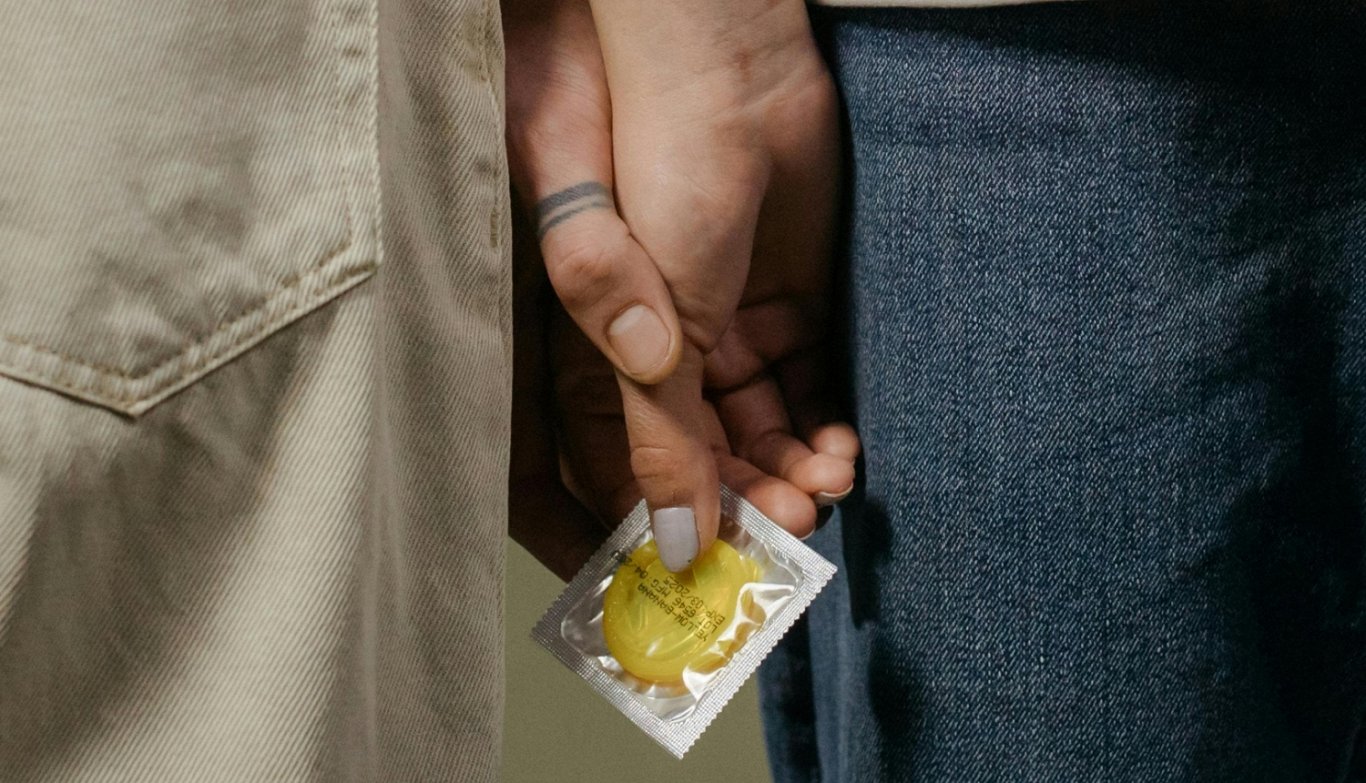SPKC data shows that 414 cases of chlamydiosis, 69 gonorrhea, and 39 syphilis were recorded in Latvia between January and May 2024.
Compared to the same period of 2023, the number of recorded syphilis cases almost doubled.
In the first five months of 2023, 20 cases of syphilis were recorded, while in 2024, 39 cases were recorded during the period considered. Overall, most cases of syphilis were registered in Riga – 24 cases.
Gonorrhoea cases have also increased in the first five months of this year, but insignificantly (by 6%), while the number of diagnosed chlamydiosis cases has decreased by 10%.
Gonorrhoea cases were recorded in 16 women aged 17 to 50 and 53 men aged 20 to 56.
Meanwhile, chlamydiosis has been diagnosed in 295 women aged 14 to 64 and 119 men aged 16 to 58.
ECDC data, on the other hand, shows that the number of gonorrhea cases increased by 48% overall in the European Union in 2022, the number of syphilis cases by 34% and the number of chlamydiosis by 16%.
Given that it is now the season of summer trips and various festivals that bring together people from across Europe, it is important to be aware of the risks of STI infection, the prevalence, know how to proactively act to protect yourself from infection, recognize STIs and what to do if infection is suspected, the SPKC said.
"It is very important to use reliable information from healthcare professionals, not self-medicate and not put other people at risk of infection if there are STI symptoms or suspected infections," the SPKC says.
Untreated STIs can have serious health consequences – infertility, inflammation of the genitals, etc. Untreated syphilis causes irreversible changes in all organs and the nervous system at later stages, followed by disability or even death.
What are the symptoms of STIs?
STI symptoms may include:
- painless, hard sores on external genitals
- rash on skin and mucous membranes - pink spots, nodules
- enlarged lymph nodes;
- increased, unpleasant excretions from the genitals
- pain and burning sensation when urinating
- frequent urination
- redness, damage to the skin and mucosa and itching in the genital region
- rash on the body
- for women, non-menstrual bleeding and vaginal pain during sexual intercourse.
In the case of non-conventional sexual intercourse, such as oral or anal intercourse, local signs of STI may appear on the mucous membranes of other organs, such as in throat gonorrhoea, throat pain and redness, and in rectal gonorrhea, excretions from the rectum, which are not always noticed.
At the same time, it should be noted that STIs can often pass without symptoms.
If any symptoms of STI are observed or infection is suspected, a specialist doctor should be contacted immediately. Your doctor will prescribe the necessary examinations to accurately diagnose and prescribe appropriate medication. The sooner STI treatment starts, the easier it is to cure and prevent the infection from spreading further, SPKC said.
Only using a condom during intercourse can protect against STIs.































